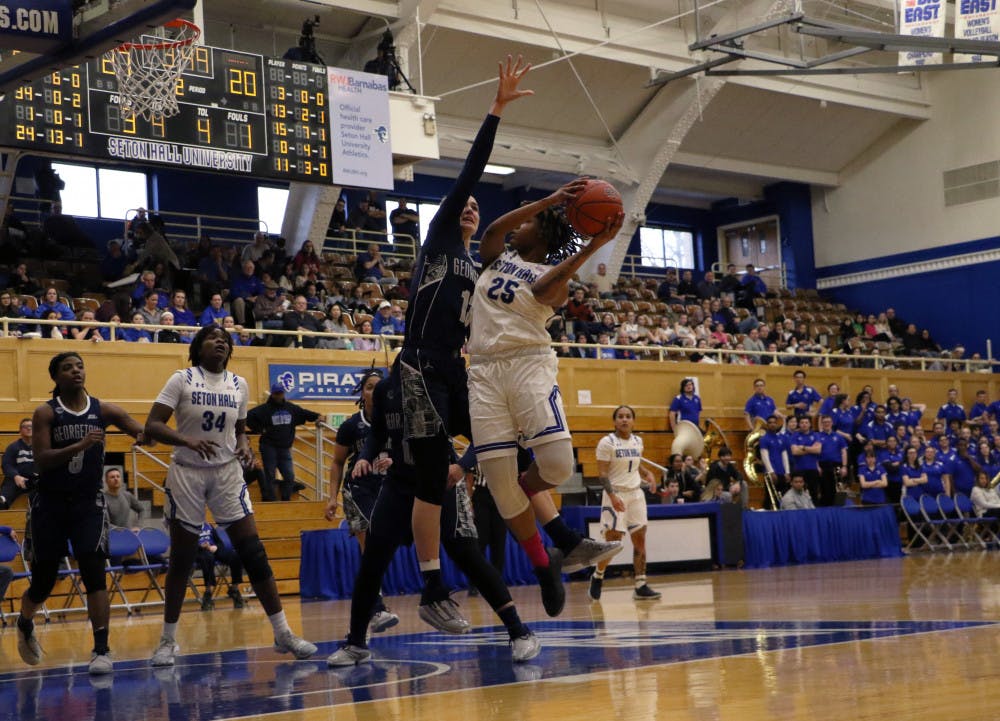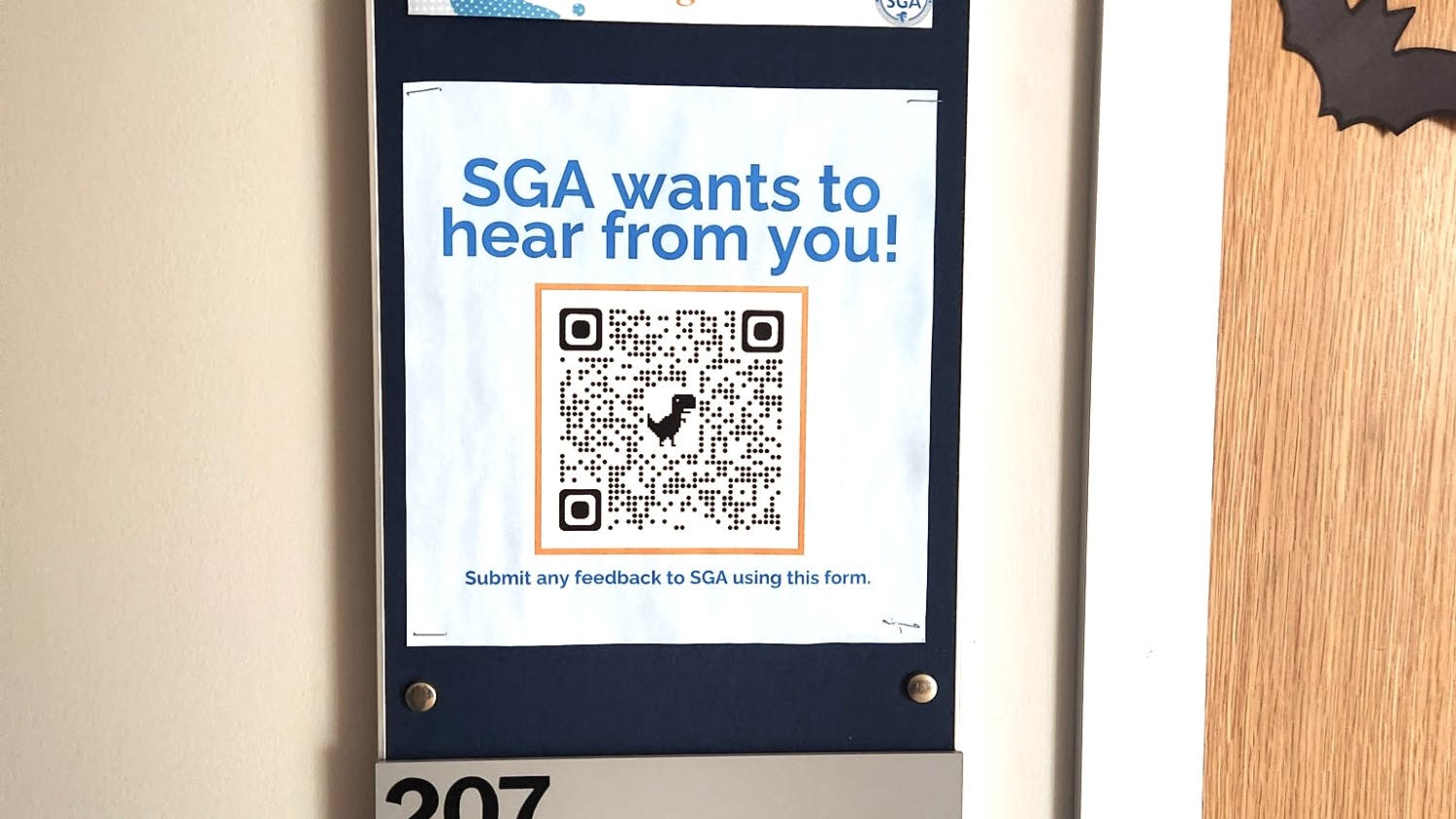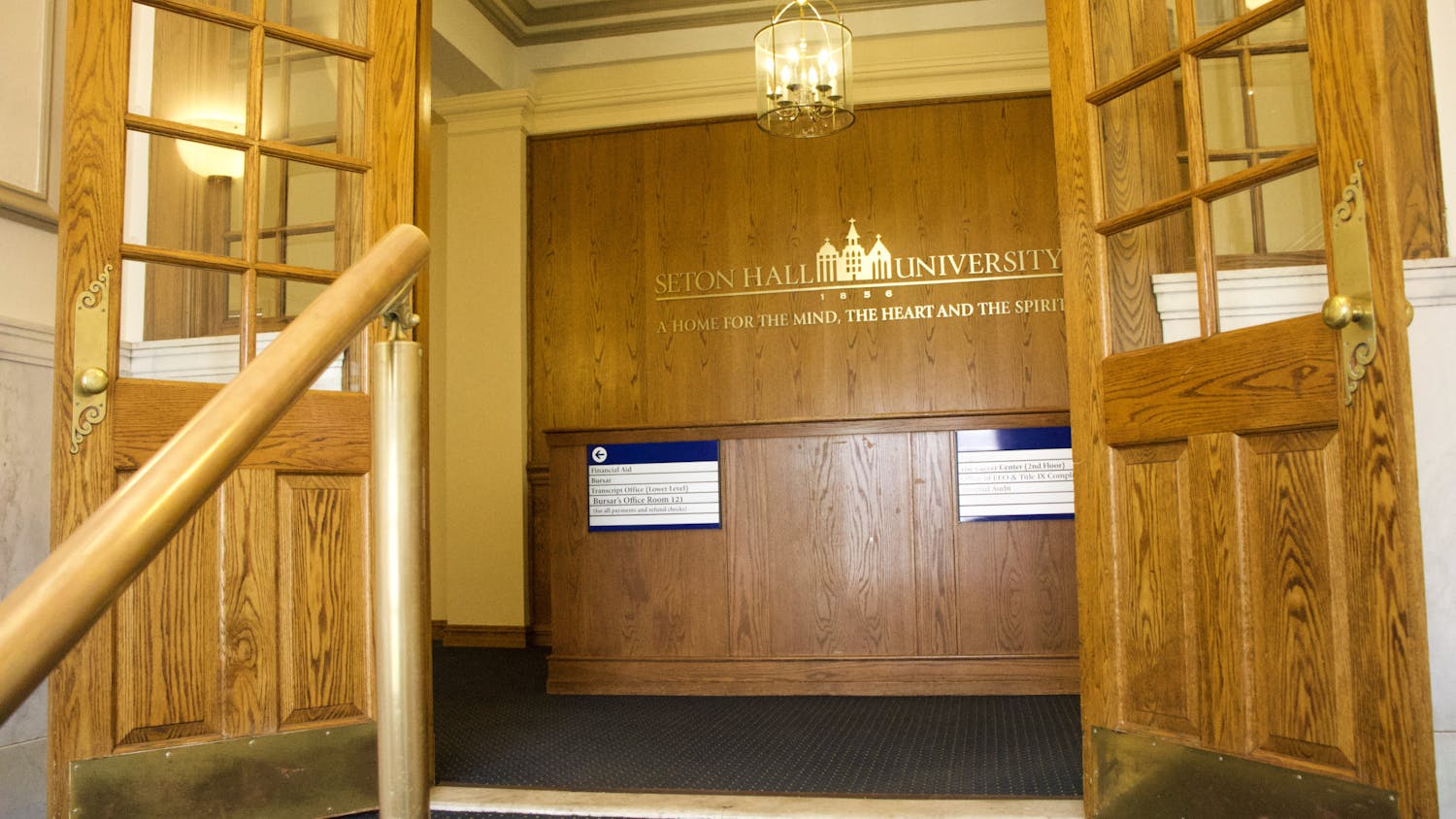Last year, when I first came to Seton Hall, one of the things I noticed was the separation between the university and the village. The only reason I might have suspected South Orange was a "college town" at all was from the "Welcome to South Orange, Home of Seton Hall University" sign at the train station.
As a freshman, I covered a series of local town-hall meetings regarding South Orange's attempt to create a long term "Vision" plan for the village's future economic development. What I saw at the first meeting was immensely heartening, as the top priority of the villagers was to forge a closer and better relationship with Seton Hall and ideas that were proposed included a sort of university novelty or bookstore in town.
As later meetings occurred, however, a number of villagers used the opportunity to rant about how much they hate Seton Hall students. As one of two students at the meetings, I was afraid to champion the students' cause, but I did.
When a large number of villagers challenged the conduct of the student body and called for punishing the university, I, and a good portion of villagers as well, rose to defend the vast majority of students. The actions of few of Seton Hall's students sparked the ire of some villagers then, and continue to do so now.
And, as always, the conduct of few, as well as enough complaints and calls for action by angry villagers, has brought the heavy hand of the local government down upon all students who have elected to live off, and even those living on, campus.
The Setonian reported last week that Vice President for Student Affairs and Enrollment Services Laura Wankel said every police report involving Seton Hall student is sent to the university. Wankel said the university received 102 reports from the South Orange Police Department in 2007 and 68 in 2008.
To put the numbers in perspective, with an undergraduate student body of 5,264 students, as reported by College Board, and assuming each police report was issued to a different student instead of repeat offenders, less than 2 percent of students have had reports filed against them.
I would like to clear up two common misconceptions: first, villagers should know that the vast majority of students are, in fact, upstanding members of society and aren't going to get drunk and urinate on your lawn. Second, students should know, despite common beliefs, that there are a number of villagers who don't hate students. That being said, I am going to plead to the community as a whole, to students and villagers alike: please stop perpetuating these misconceptions.
After a scathing challenge by the Star-Ledger to the university administration to reexamine its relationship with the villagers and to punish students, University President Msgr. Robert Sheeran responded by writing to the publication reminding the community-atlarge that the university does indeed take immediate disciplinary action when students misbehave. Just because the university does not expel every student who earns a noise violation off campus doesn't mean action isn't taken.
Sheeran also pointed out in his editorial that students give back to the community constantly with community service. He estimated that students give "26,000 hours" back to the community each year. Students tutor and mentor in various after school activities, read to students at the local library, pick up trash on South Orange Ave and other parts of the community, help at local food banks, coordinate and participate in campus tours for villagers, staff Maplewood's foot race, and much more.
Villagers can call for action from the university administration to reign in students; students may turn to the local government to pass legislation that does not target them unfairly or provide spiteful neighbors with a means to get rid of unwanted, student neighbors.
However, such action will never end the animosity between students and villagers; action must be taken by the students and villagers themselves. I challenge you, students and villagers alike to be a part of the answer. Take action, stop relying on upon the village or university administration, and do something yourself to meet a student or villager.
Work to change the idea that students don't care about what lies beyond the gates and that villagers hate all those who come to Seton Hall in pursuit of higher education. For students who feel like villagers hate us, I encourage you to get involved in Service on Saturdays or take up DOVE opportunities to volunteer in the area.
Show the villagers that you care and are willing to take ownership in the community; show them that South Orange matters to you, and that you are not just here to go to school for thirty weeks out of the year.
To the villagers, I encourage you to participate in the Home-Away-From- Home program. Take in a student who can't go home for the holidays and they might just change the way you see students.
Furthermore, the fence is not made to keep you out, but rather to protect students from theft, muggings and other crimes. You are always welcome to come visit, attend a tour hosted by our Village Liaisons, or if you are so inclined, join us for a Sunday mass.
Granted, there will always be the students who drink too much on a Thursday or weekend night. There will always be villagers who hate students. Maybe this op-ed will spark more ire.
But I hope that it will be a stepping-stone for improved relations.
Brenden Higashi is a sophomore Political Science major from Spokane, Wash. He can be reached at brenden.higashi@student.shu.edu.





